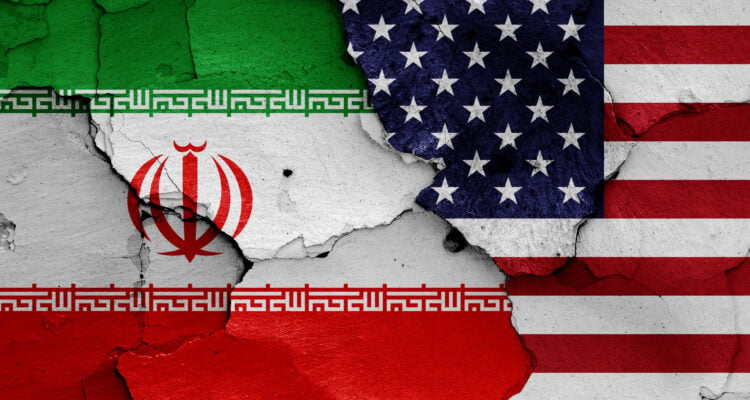The American approach appears to focus on encouraging the formation of a new government that excludes Hezbollah from power.
By Baruch Yedid, TPS
Washington and Tehran are maneuvering for influence in post-war Lebanon as the US seeks to reduce Hezbollah’s dominance over the country.
Recent U.S. efforts suggest a strategic push to leverage Hezbollah’s perceived vulnerability. The Iran-backed terror has been badly weakened by the assassinations of its top leaders, including Sheikh Hassan Nasrallah.
There is a growing consensus within the U.S. and its Arab allies that Lebanon’s political landscape could undergo substantial changes.
Meetings between U.S. officials and Lebanese figures such as Prime Minister Najib Mikati and Parliament Speaker Nabih Berri have centered around resolving the country’s political deadlock and holding presidential elections.
The American approach appears to focus on encouraging the formation of a new government that excludes Hezbollah from power.
U.S. Ambassador to Lebanon, Dorothy Shea, has met with various political factions from the country’s Sunni, Christian and Druze communities to discuss a future where Hezbollah no longer controls the nation’s borders and major infrastructure.
American officials have reportedly urged preparations for a new political reality, with Hezbollah sidelined from governance.
In response, Iran has stepped up its own diplomatic activity in Lebanon. Shortly after a visit by Iranian Foreign Minister Hossein Amir-Abdollahian, the Speaker of Iran’s Parliament, Mohammad Bagher Ghalibaf, made a high-profile visit to Beirut.
Ghalibaf’s visit included stops in Beirut’s Dahiya district, a Hezbollah stronghold that had been bombed by Israel just a day prior. The visit was seen as a sign of Tehran’s determination to maintain its foothold in Lebanon.
The situation in Lebanon is further complicated by the role of the Lebanese military, which the U.S. has been supporting financially, including the establishment of a new division in southern Lebanon.
There is speculation that the United States views the current Chief of Staff, General Joseph Aoun, as a potential leader in a reformed political order.
Washington’s support for the Lebanese Army also includes efforts to increase its control over Beirut’s Rafik Hariri International Airport, a move seen as intended to curb Hezbollah’s influence over air traffic and reduce the risk of further Israeli strikes.
Lebanese media reports suggest that American diplomats have assured Lebanese officials that de-escalation measures, including an end to airstrikes on Hezbollah-controlled areas, could be achieved if progress is made toward political reform.
The conflict’s aftermath has already led to a temporary halt in attacks on the Dahiya neighborhood following an Israeli attempt to eliminate Wafik Safa, a senior Hezbollah figure.
The political landscape in Lebanon is showing signs of a shift. Prominent political figures are increasingly vocal about the need for change.
Gebran Bassil, head of the Free Patriotic Movement and a traditional Hezbollah ally, recently remarked, “We demanded from Hezbollah not to link Gaza to Lebanon, but no one listened.”
Similarly, Samir Geagea, leader of the Lebanese Forces party, has argued that a new president is essential for resolving the political crisis and achieving a ceasefire.
Geagea has also called for the implementation of U.N. Security Council Resolution 1559 of of 2004 which mandates the disarmament of militias, including Hezbollah.
However, this stance contrasts with that of Speaker Nabih Berri, who argues that Resolution 1701, which followed the 2006 war between Israel and Hezbollah, effectively supersedes Resolution 1559.
The latter’s demand for the disbandment of militias has been a point of contention, given that it also applies to Berri’s own Amal Movement.
According to United Nations Security Council Resolution 1701, which ended the 2006 Second Lebanon War, Hezbollah is forbidden from operating in southern Lebanon south of the Litani River.
Israel has expressed dissatisfaction with the scope of these discussions and demands Resolution 1559. Israeli officials insist that any ceasefire or political settlement in Lebanon include disarming Hezbollah
After the Hamas attacks of October 7, 2023, the Iran-backed Hezbollah began firing rockets and launching drones at northern Israel communities daily.
According to figures released by the government on Sept. 29, more than 68,000 residents of northern Israel are displaced from their homes.
Hezbollah leaders have repeatedly said they would continue the attacks to prevent Israelis from returning to their homes.





